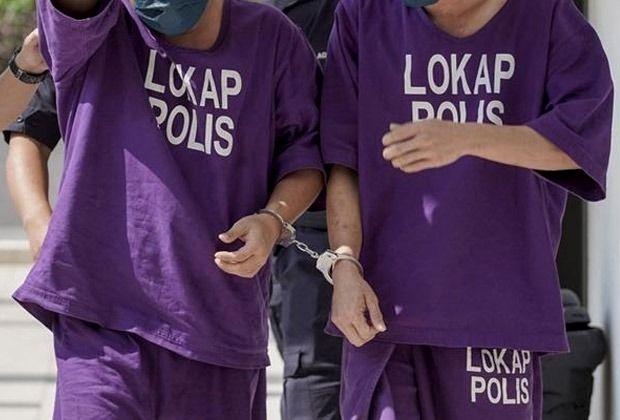
PHNOM PENH:Dust covers everything in Lim Tong Eng's yard, thrown up by excavators toiling next door to enlarge a channel that Cambodia's government hopes will soon be a major shipping canal.
Next month, Cambodia will officially break ground on the Funan Techo canal, a US$1.7 billion project running from the Mekong river to a Cambodian port on the Gulf of Thailand that will offer an alternative to transit via Vietnam.
It is one of former prime minister Hun Sun's signature infrastructure projects and is seen as a galvanising national undertaking to build support for his successor and son, Hun Manet.
But uncertainty surrounds the plan, from whether its main goal is shipping or irrigation, to who will finance it and how it will affect the flow of the Mekong, one of the world's longest rivers.
The lack of clarity is agonising for those along the projected route, which begins around an hour's drive southeast of Phnom Penh.
Eng, a 74-year-old retired farmer who now uses a wheelchair, will lose his home and land to the canal but has no idea what compensation he might receive.
"We feel not only surprised but also fearful," he told AFP as diggers clanked nearby.
"We don't know what the government is thinking because we haven't been informed."
Hun Sen, who ruled Cambodia for over three decades, has described the canal as giving the country a "nose to breathe through" and local authorities have been told to launch fireworks for the groundbreaking on August 5 – the former leader's birthday.
The government says the canal will generate economic activity worth 21-30 per cent more than its cost and create tens of thousands of jobs in a country that is among the poorest in South-East Asia, though it has not provided detailed evidence for those forecasts.
The canal's benefits may depend on how it is financed.
Last year, the China Road and Bridge Corporation (CRBC), a Chinese construction giant that has financed other infrastructure in Cambodia, agreed to a feasibility study of the project.
Cambodian officials have suggested the Chinese state-owned company could finance part of the canal, but CRBC has not released its study or made any public commitment.
The firm did not respond to a request for comment.
And while Cambodia is a close ally of Beijing, Hun Sen has denied the canal will be part of China's Belt and Road infrastructure plan.
Analysts have also questioned the US$1.7 billion price tag.
There are "a lot of unknowns here and uncertainties here with regards to the real economic benefits and costs," said Vannarith Chheang, a political analyst and chairman of the Angkor Social Innovation Park.
There are also concerns about the flow of the Mekong, which accounts for up to a quarter of the world's freshwater fish catch and 50 per cent of Vietnam's rice production.
Conservationists have long warned that the river is threatened by infrastructure projects, pollution, sand mining and climate change.
Cambodia, Laos, Vietnam and Thailand are signatories to the 1995 Mekong River agreement, which governs distribution of the river's wealth.
But while Cambodia has notified the Mekong River Commission (MRC) of its plans for the canal, Vietnam wants more information.
Phnom Penh argues the project affects only a Mekong tributary and therefore requires only the notification it has already submitted.
That is contested by some experts, who note the channel outside Eng's house links directly to the Mekong mainstream, and that Cambodian officials increasingly tout the canal's irrigation benefits.
Irrigation from the mainstream during the dry season "specifically requires an agreement from the four member countries," said Brian Eyler, a Mekong expert at the Stimson Center think tank.
The MRC said it has not received "any reports on water flow" and it "is requesting and awaiting additional information from Cambodia".
Cambodian Deputy Prime Minister Sun Chanthol, who is spearheading the project, compared the canal to "a straw".
"How much water can you suck from the Mekong River with a straw?" he told the Straits Times last month.
An impact study found the canal would affect just 0.06 per cent of the river's dry season outflow, he added.
The study has not been made public.
"It's possible that the environmental and social impacts to Cambodia and to Vietnam are potentially small," Eyler said.
"But we just don't know enough about the project right now to make that judgement."
Cambodian officials have also denied the canal could be used by Chinese warships, and analysts largely agree the waterway would be unattractive for that purpose given land and sea alternatives.
The project's main significance is its political value, said Vannarith.
"This is purely a legacy project, with political, historical significance attached to it," he said.
"The government will do it and complete it by all means, at all costs... they have to prove something." - AFP








































